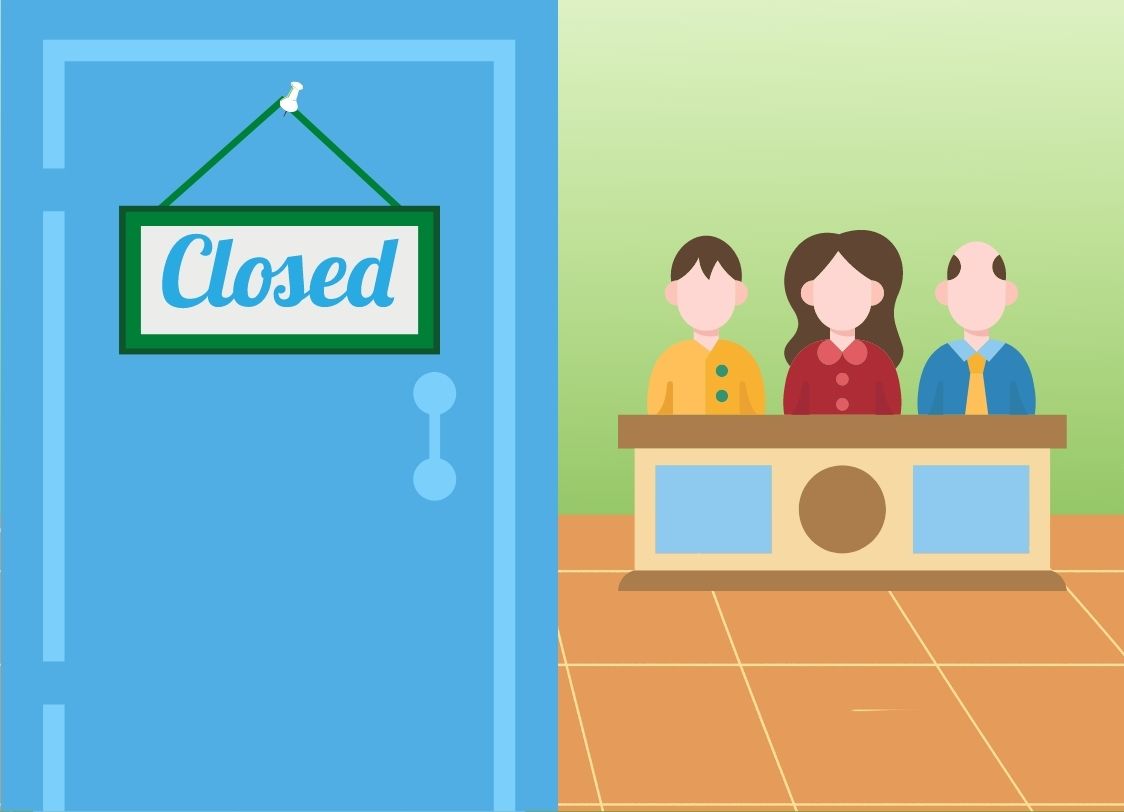
COMMENTARY: Closed presidential search excludes stakeholders
UHCL’s presidential search committee will conduct a closed search for its next president.
A closed search means that candidates will not be identified until the committee has selected their finalists. Candidates will not give public presentations or host open meetings with campus constituents. Instead, candidates narrowed down by the search committee will meet privately with select groups potentially including but not limited to the Faculty Senate, Student Government Association (SGA) and University Staff Association (USA).
Closed searches are atypical for public institutions, although they are increasing in popularity. A recent bill proposed in Florida would make all public universities’ presidential searches private, not releasing the names of candidates until they are finalists.
The bottom line is that a closed search means less transparency in the process of selecting UHCL’s next President, leaving the decision to a group of committee members selected by the University of Houston System (UHS) and Chancellor Renu Khator.
Supposed benefits to a closed search
“Searches for university presidents, such as the one currently underway at University of Houston-Clear Lake, have become a balance between providing transparency of the process and the goal of attracting and retaining the most qualified pool of candidates. Open searches can dissuade sitting presidents and high-profile leaders from other universities from applying if their names will be revealed during the process. The search committee is comprised of various constituent groups and partners of the university, including faculty, staff, students, administrators, alumni and community members. The committee will be as open as possible about its progress while adhering to the highest standard of confidentiality,” said Associate Vice Chancellor for Media Relations Shawn Lindsey.
Administrators say a closed search may help attract higher quality candidates and protect the privacy of candidates currently serving at other institutions. However, a statement by the American Association of University Professors (AAUP) disputes that claim.
“The rationale for such secrecy is that open meetings discourage applications from highly qualified candidates, although no evidence has ever been offered to suggest that this is in fact the case,” said the statement from AAUP.
As such, it would seem that the best reason for administrators conducting a closed search is to limit candidates’ interactions to predetermined committee members and pre-selected groups of stakeholders rather than engaging with the entire campus community throughout the candidate process.
Drawbacks of a closed search
Without an open search, only stakeholders selected by the search committee will have an opportunity to engage with the selection process. These groups aren’t necessarily guaranteed to meet with the candidates, but they are likely to. These groups include the Faculty Senate, SGA, University Staff Association, and executive leadership among the various divisions.
Unlike the previous presidential search where candidates came to campus and gave open presentations and meetings which students, staff, faculty, alumni and other UHCL community members could attend, there will be no such events, and meetings with selected groups will be closed and limited to only those campus representatives selected by the committee. This is the opposite of involving stakeholders in impactful administrative decisions and practicing transparency.
Additionally, those on the committee are forbidden from researching candidates outside of the search, which could keep important information about a candidate or their history from coming to light, such as a vote of no confidence at a previous institution.
This means candidates will lose out on the opportunity to answer questions and get impressions from faculty, staff, students and other stakeholders not directly affiliated with the search committee that they could only get from open campus visits and presentations. This will greatly hinder the candidate’s ability to truly capture what campus culture at UHCL is like, subsequently under-preparing them to engage with UHCL’s broad and diverse student, staff and faculty populations. It will also keep candidates from building trust with stakeholders throughout the search process.

Losing these opportunities means we are collectively losing out on the chance to determine suitability of candidates as a community. Instead, a select group on the search committee will be left to represent the interests of over 10,000 combined students and staff from UHCL in the selection of the next president.
In a time where UHCL is supposedly seeking to “improve student life and the student experience” via student feedback from the new Student Advisory Board, conducting a closed presidential search is a step backwards in terms of including those stakeholders in important decisions impacting the institution.
The necessity for an open search at UHCL
In 2018, The Signal published an editorial underscoring the importance of conducting open searches for executive level positions. In Spring of 2021, The Signal’s editorial board addressed the need for more student participation in administrative decisions. The decision by UHS to conduct a closed search only further demonstrates how UHCL continually keeps its stakeholders from having their voices heard in these incredibly vital processes.
With various high-level positions including president, provost and various director positions for Marketing and Communications, Strategic Partnerships, Human Resources, Facilities, Maintenance and Construction, and Title IX and Diversity being vacant, UHCL is in great need of effective, bold and trusted leadership to propel the institution into the future.
Such a leader should be found in someone who is willing to publicly apply for the position, visit UHCL’s campus, face the stakeholders and demonstrate how their experience will help lead UHCL in the direction it needs — and wants — to go.
